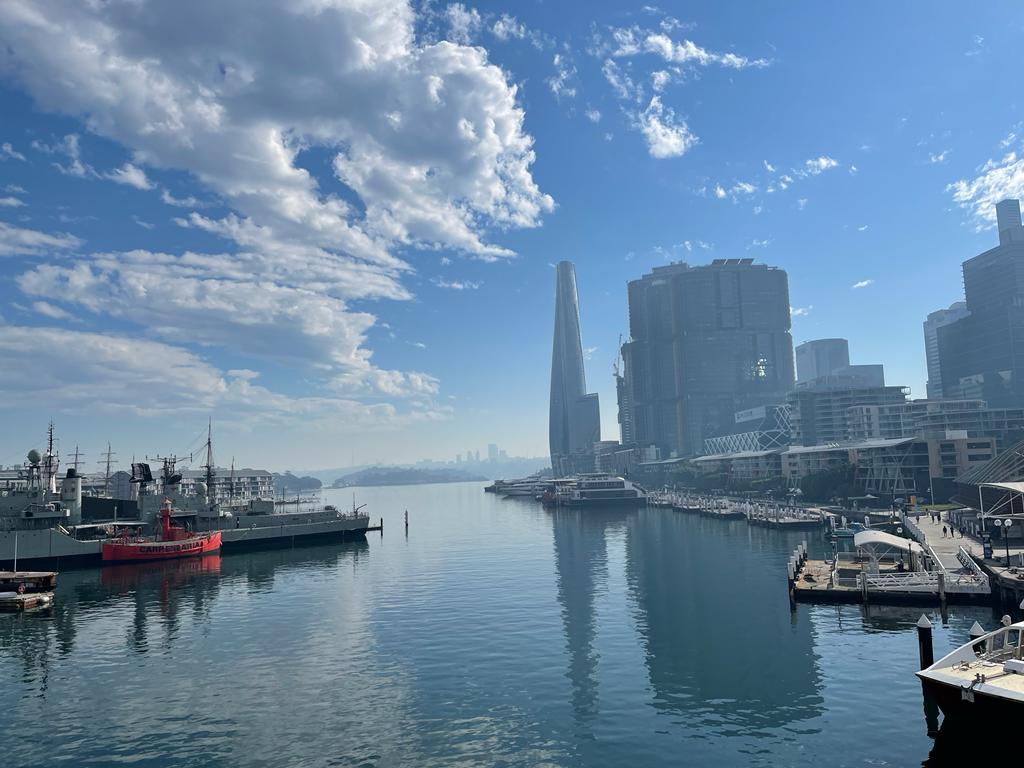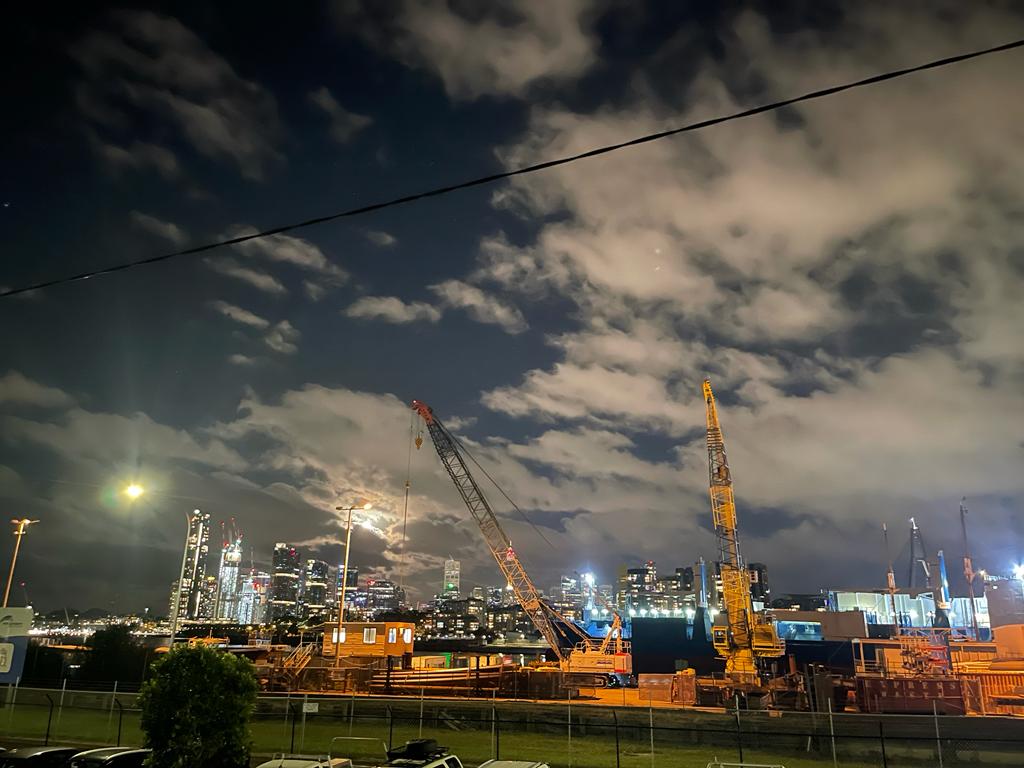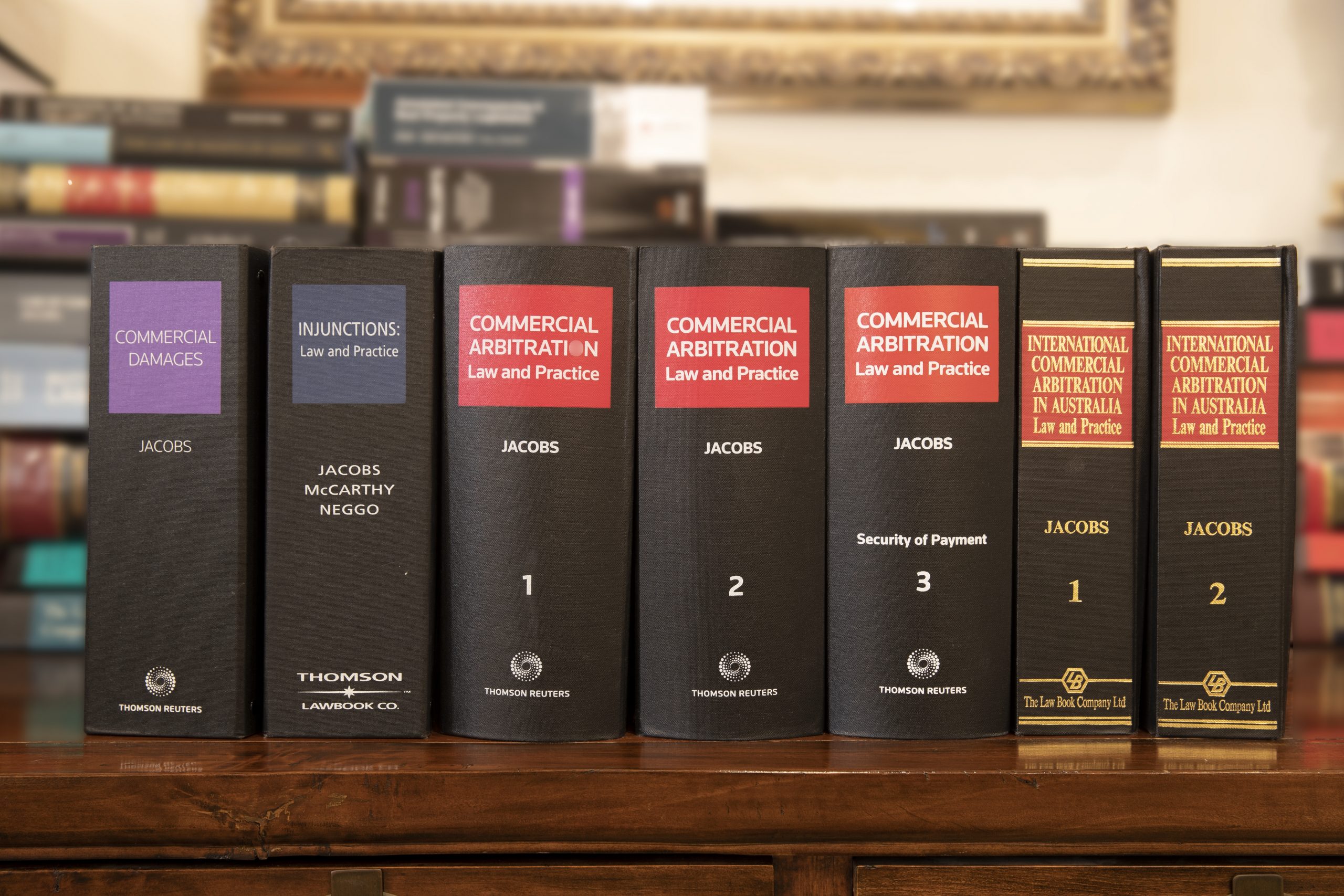Sydney spent a number of years as a solicitor at Minter Ellison and at the predecessor firm to Norton Fulbright, in their construction law divisions, acting for major clients such as State Rail and Qantas. While at those firms, Sydney negotiated for the “break through” agreement regarding the connection of State Rail’s Eastern Suburbs Line into the Qantas terminal. On another occasion, Sydney negotiated, with a team, on behalf of State Rail, for the purchase of bogeys for a new generation of train.
This experience laid the foundation for his construction practice at the Bar. One key example is Pisano v Williams, a Supreme Court matter, where Sydney took the point that while the owners he was representing had engaged in misleading or deceptive conduct, there was nevertheless no liability as the sale of a family home was not in trade or commerce. This point was upheld by the NSW Court of Appeal. In another of Sydney’s construction matters, which began in NCAT, Littles v J & K Homes, Sydney argued that his client had been denied natural justice and, as such, there had been an error of law. This too was upheld by the Appeals Panel.









